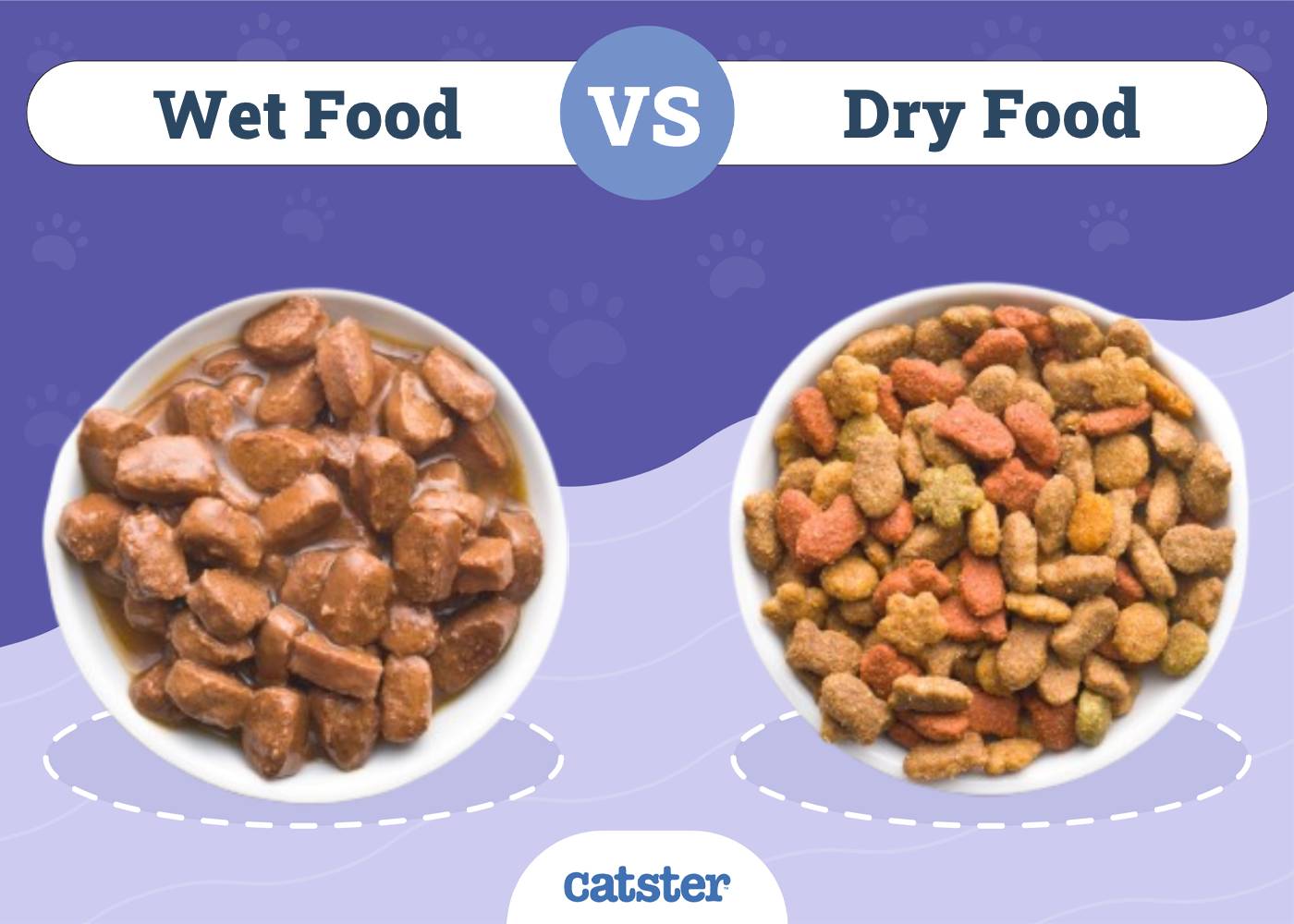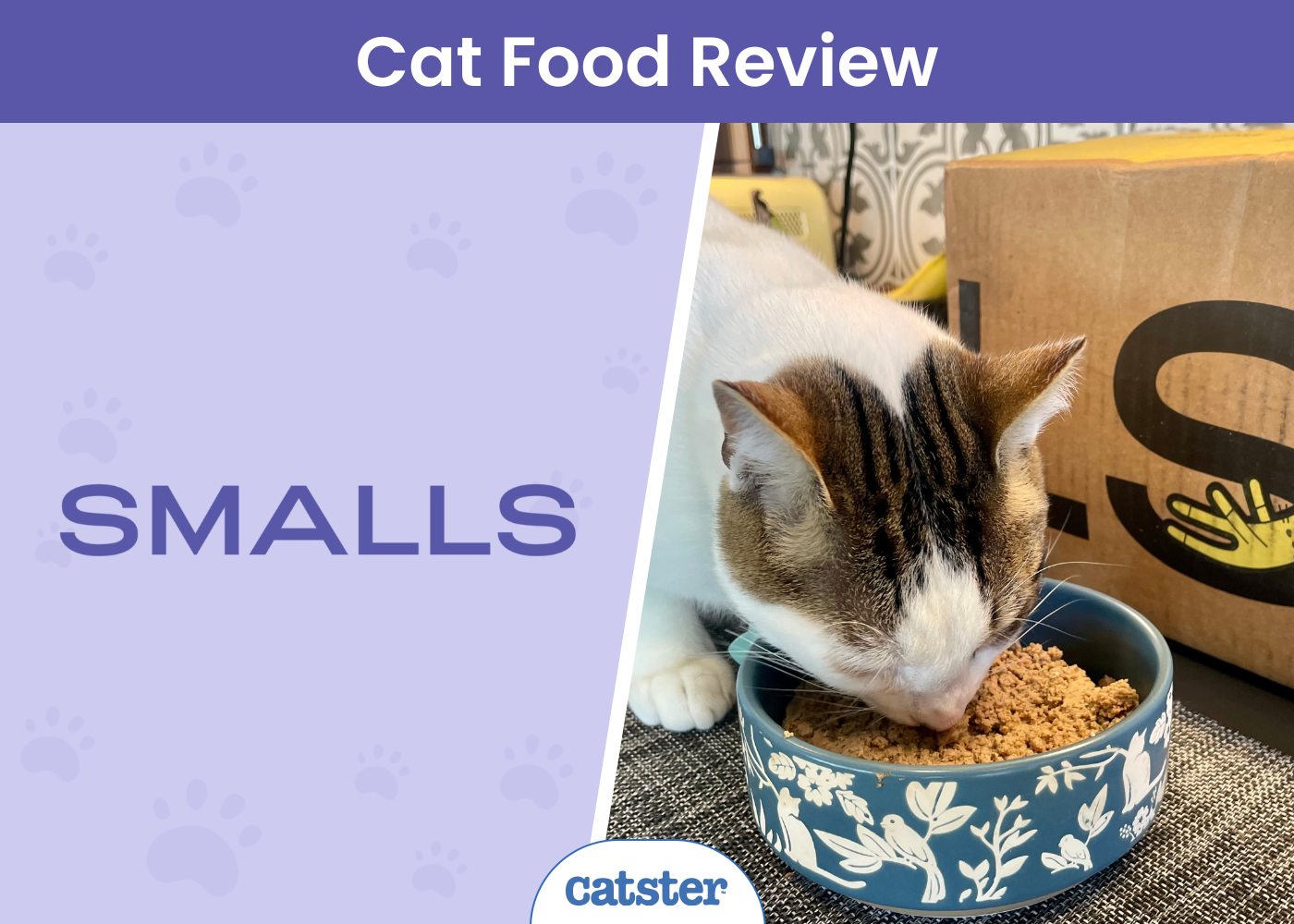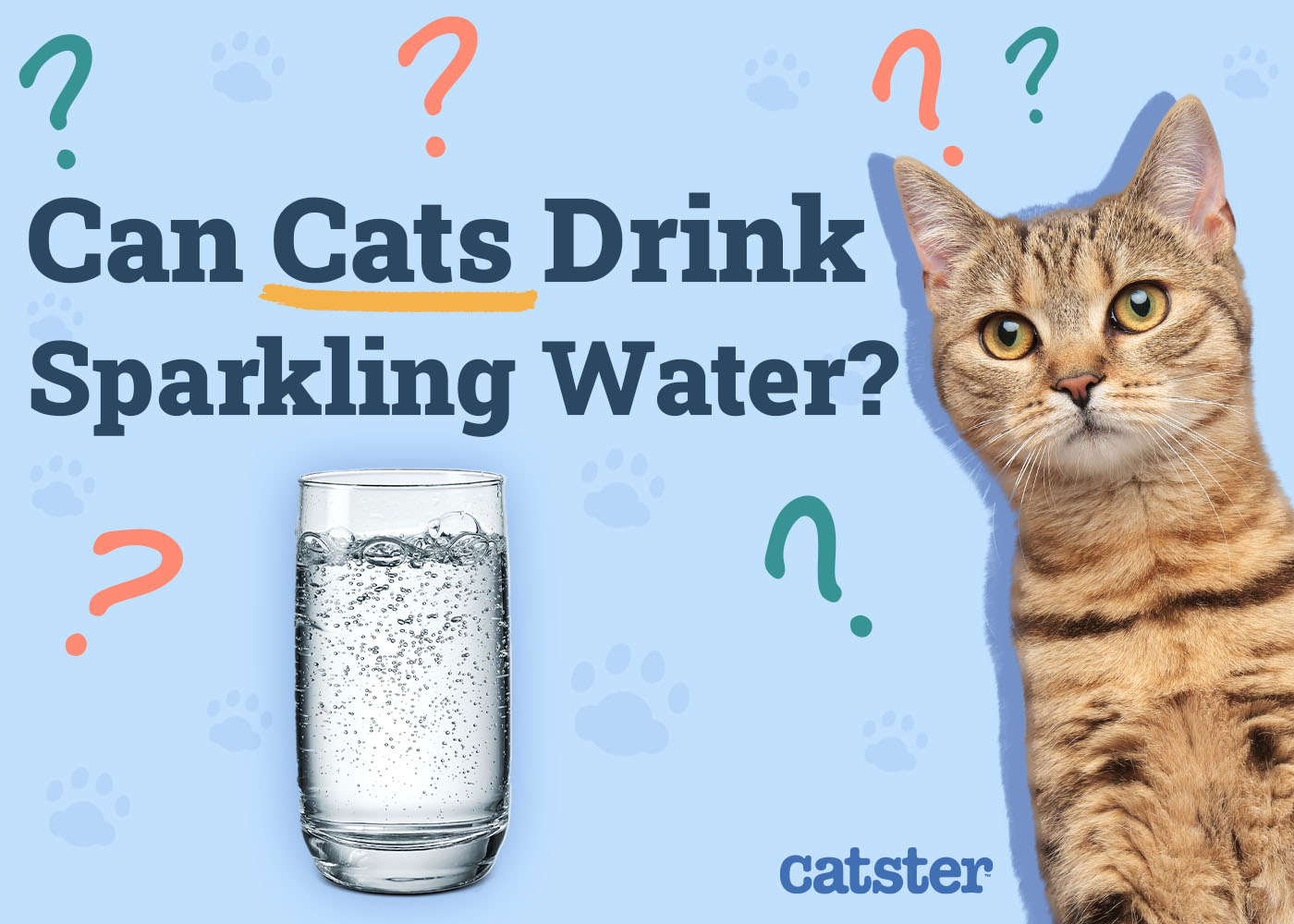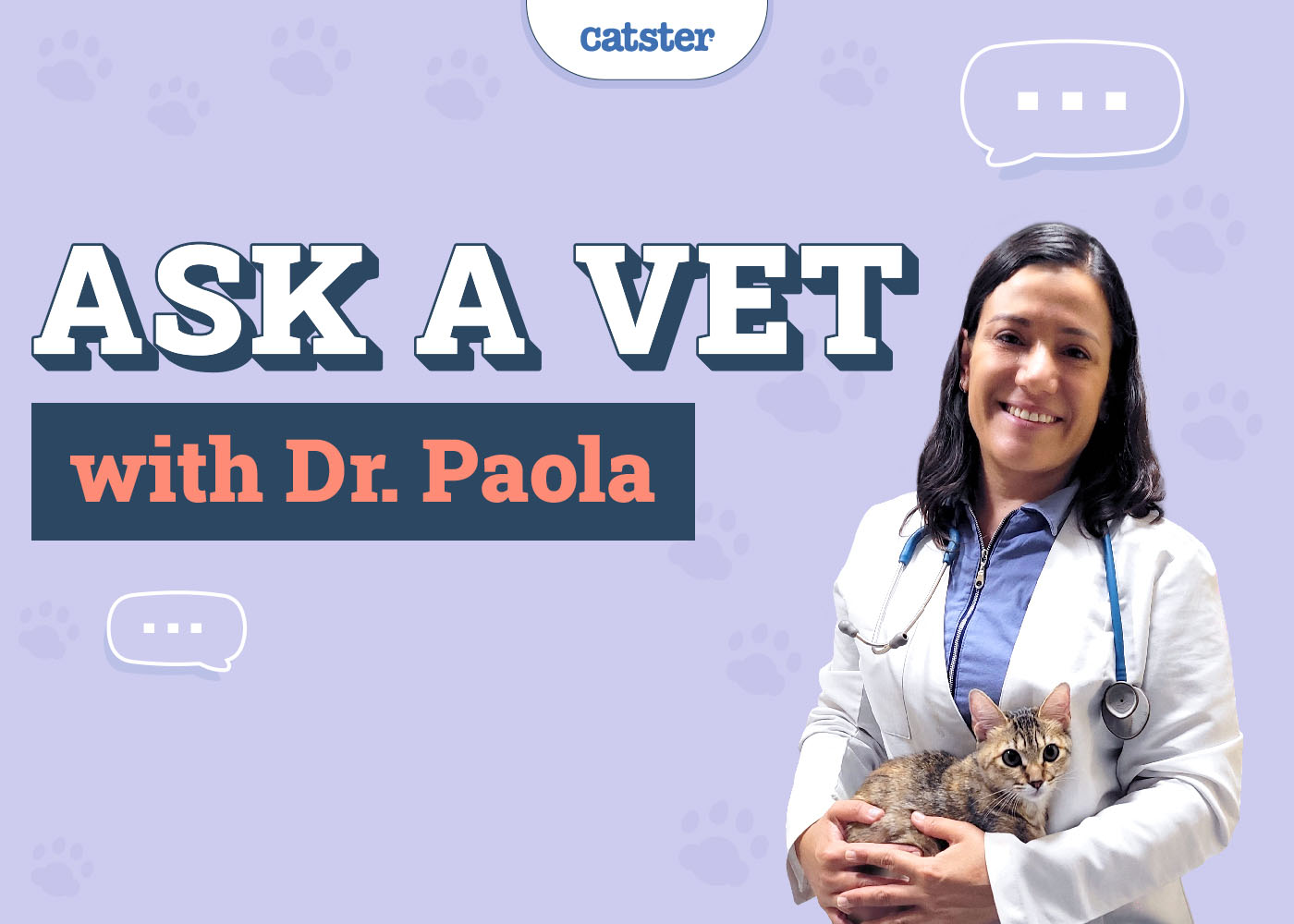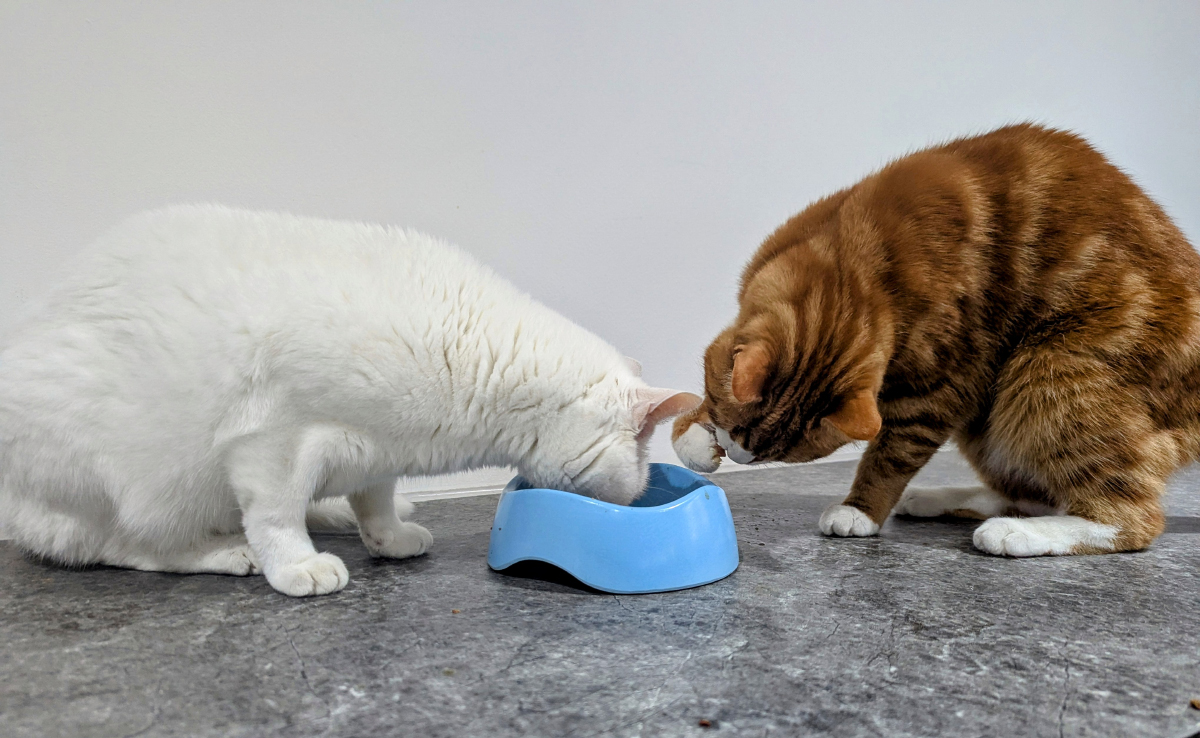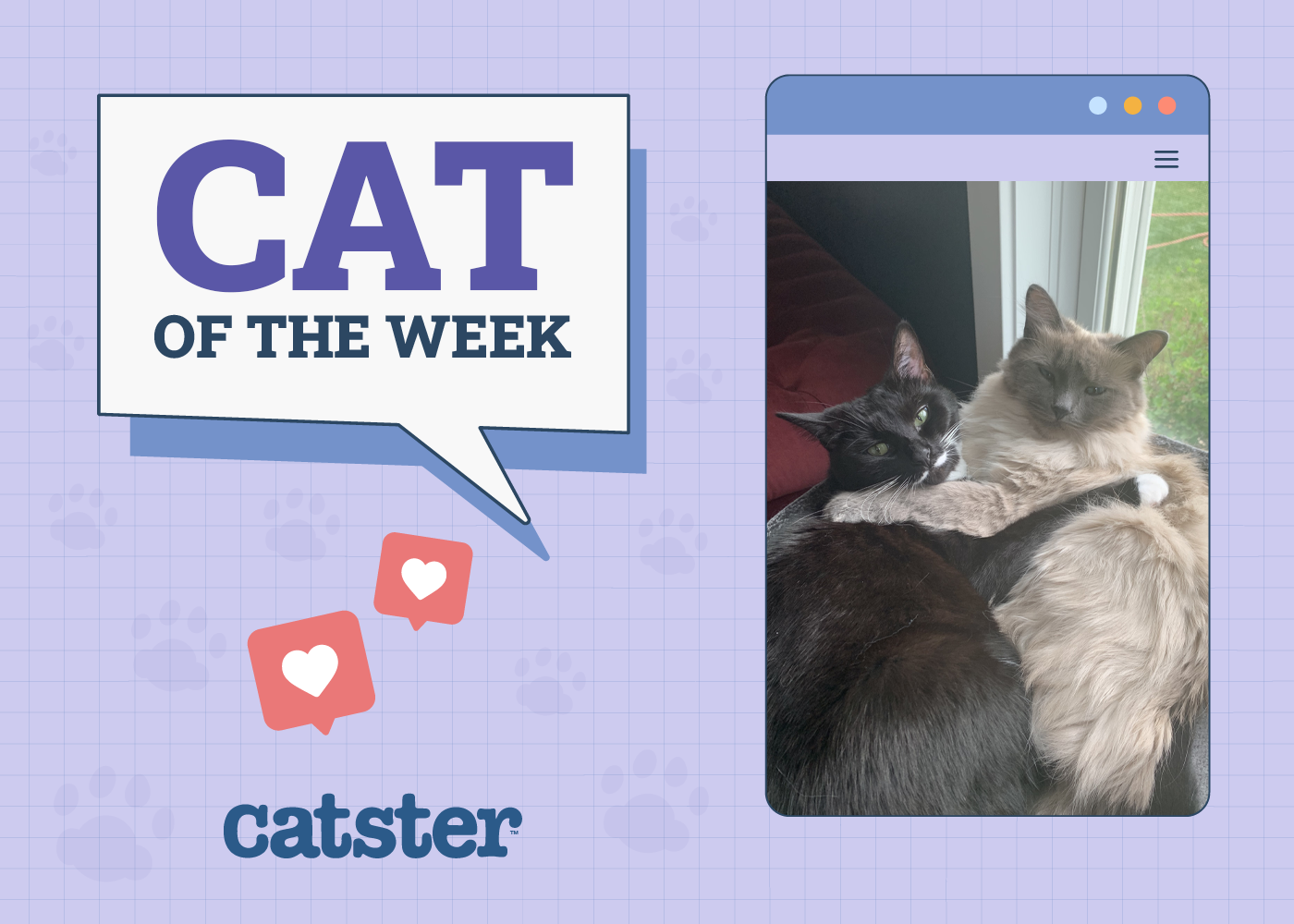Spaghetti and meatballs are a classic comfort food and a childhood favorite meal for many people. If you and your family regularly enjoy meatballs for dinner, you may wonder if sharing this meaty treat with your cat is okay. Most cats can eat meatballs occasionally as a treat if they are fully cooked and don’t contain any dangerous ingredients.
In this article, we’ll let you know which meatball ingredients to avoid using if you want to share with your cat.

What Meatball Ingredients Are Unsafe for Cats?
Meatball recipes vary widely, and you may even have a special family version. Here are some common meatball ingredients that could cause problems for your cat.
1. Onions and Garlic
Onions and garlic, including their powdered forms, are frequently included in meatball recipes. Unfortunately, they are also toxic to cats. Eating meatballs with onions or garlic can upset your cat’s stomach or lead to more serious health issues such as anemia.
Cats are more sensitive than dogs to the effects of garlic, so eating even a small number of meatballs made with these ingredients can be dangerous.
2. Milk
Milk or parmesan cheese may be included in meatball recipes to help hold the meat and other ingredients together. While not toxic to cats, milk and other dairy products may cause digestive issues. Cats don’t have the enzyme needed to digest lactose, the sugar in milk.
Some cats may be able to tolerate eating dairy products, but it’s usually best to avoid feeding dairy to them.
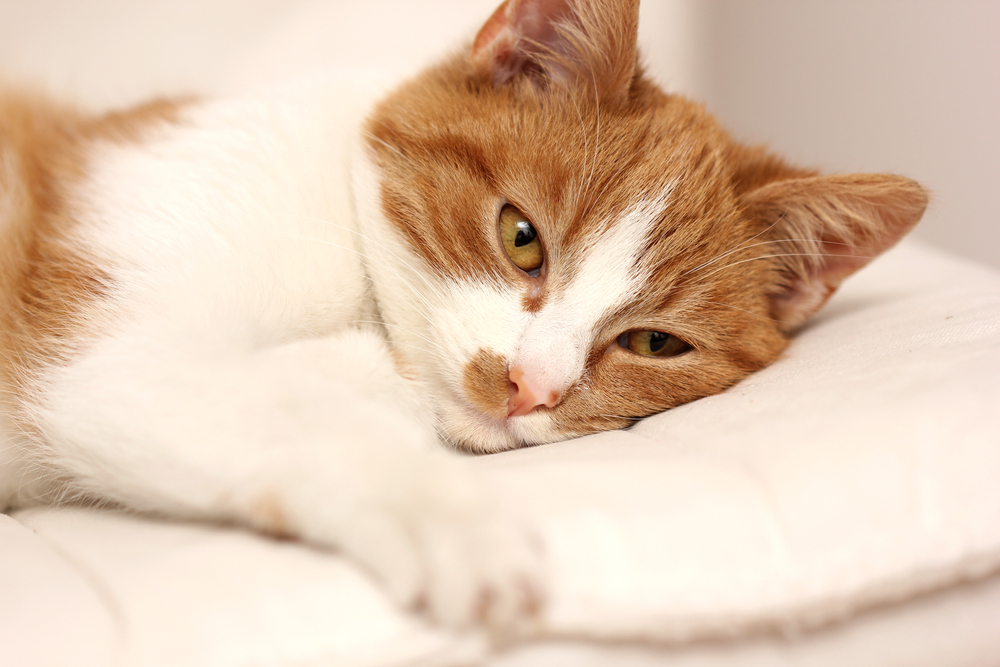
3. Spices
Salt, pepper, and other spices are usually part of meatball recipes. Eating too much salt is unhealthy for cats, just as it is for people, and can even be dangerous in large quantities. Some seasonings may upset your cat’s stomach, particularly spicy ones.

Cook Your Meatballs: Here’s Why
In addition to making sure there are no toxic ingredients in your meatballs, you’ll also want to ensure they’re fully cooked before feeding them to your cat – and to yourself. Meatballs contain one or more types of meat and usually eggs as well. Both raw meat and raw eggs can be dangerous to your cat.
Uncooked or partially cooked meat and eggs frequently contain dangerous bacteria such as salmonella or E. coli. Eating them could make your cat sick, or they could become carriers of the organisms and pass them to humans or other pets. Kids, older people, and those with weak immune systems are most at risk.
Ground or minced meat poses a higher risk if not thoroughly cooked. The majority of harmful pathogens found in meat are on the surface, which is why searing the outside of a steak is enough to render it safe to eat. When meat is ground, the outsides mix with the insides, so any bacteria may also be mixed through.
To avoid this danger, cook meatballs to the recommended internal temperature before feeding any to your cat or eating them.
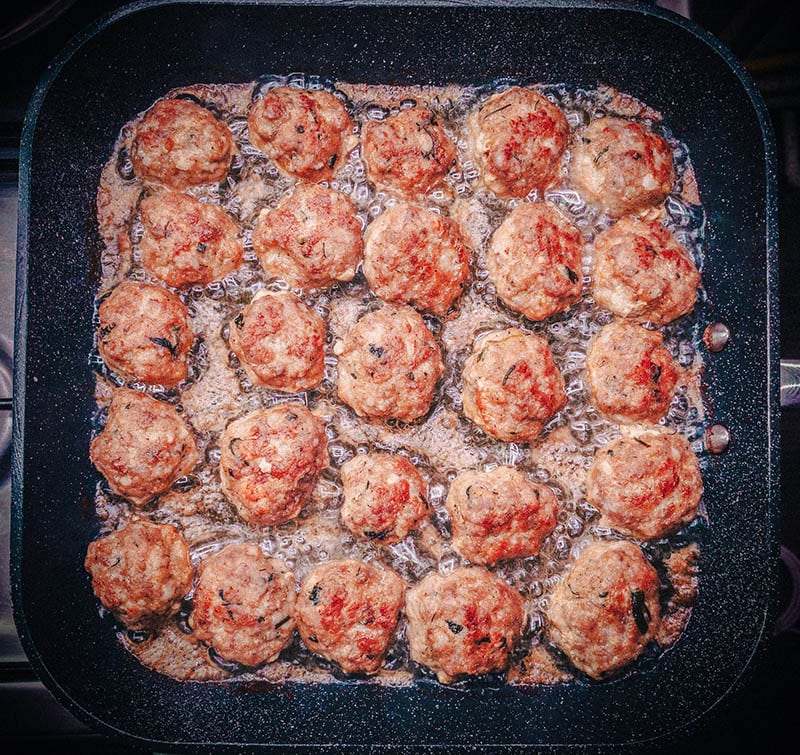

How to Feed Meatballs to Your Cat
To keep your kitty healthy, they should eat a nutritionally balanced diet formulated for cats. Despite containing protein and other nutrients, meatballs still don’t contain all the nutrition your cat needs and should be considered a treat only. Treats of any type, including meatballs, should make up only 10-15% of your cat’s daily calories.
If you aren’t sure how many calories your cat should eat, you can find resources online, or ask your vet to help you calculate the number. Many meatball recipes provide a calorie count to help you determine how many your cat can eat safely. As a rough guide, a 10-pound cat could safely eat half a meatball per day (with no other treats), or one meatball with no other treats for 2 days. But, this needs to be factored into their daily allowance.
Any unfamiliar food can upset your cat’s stomach even if it’s safe. Monitor your cat for signs of digestive issues, like diarrhea or vomiting, when you serve meatballs.
If you’re curious about what’s safe for cats to eat or have general questions about your feline’s nutrition or diet, it is recommended you speak to your vet.

If you need to speak with a vet but can’t get to one, head over to PangoVet. It’s an online service where you can talk to a vet online and get the personalized advice you need for your pet — all at an affordable price!

Conclusion
Provided they are fully cooked and don’t contain any toxic ingredients, your cat may be able to enjoy meatballs as an occasional treat. Check with your vet before offering any new human food to your cat. This precaution is especially vital if your cat has a history of a sensitive stomach or suffers from chronic health issues. It’s also possible that your cat won’t be interested in eating meatballs, and that is okay. If your cat eats a balanced diet, they don’t need to eat treats or other extra snacks.
Featured Image Credit: Ozgur Senergin, Shutterstock



